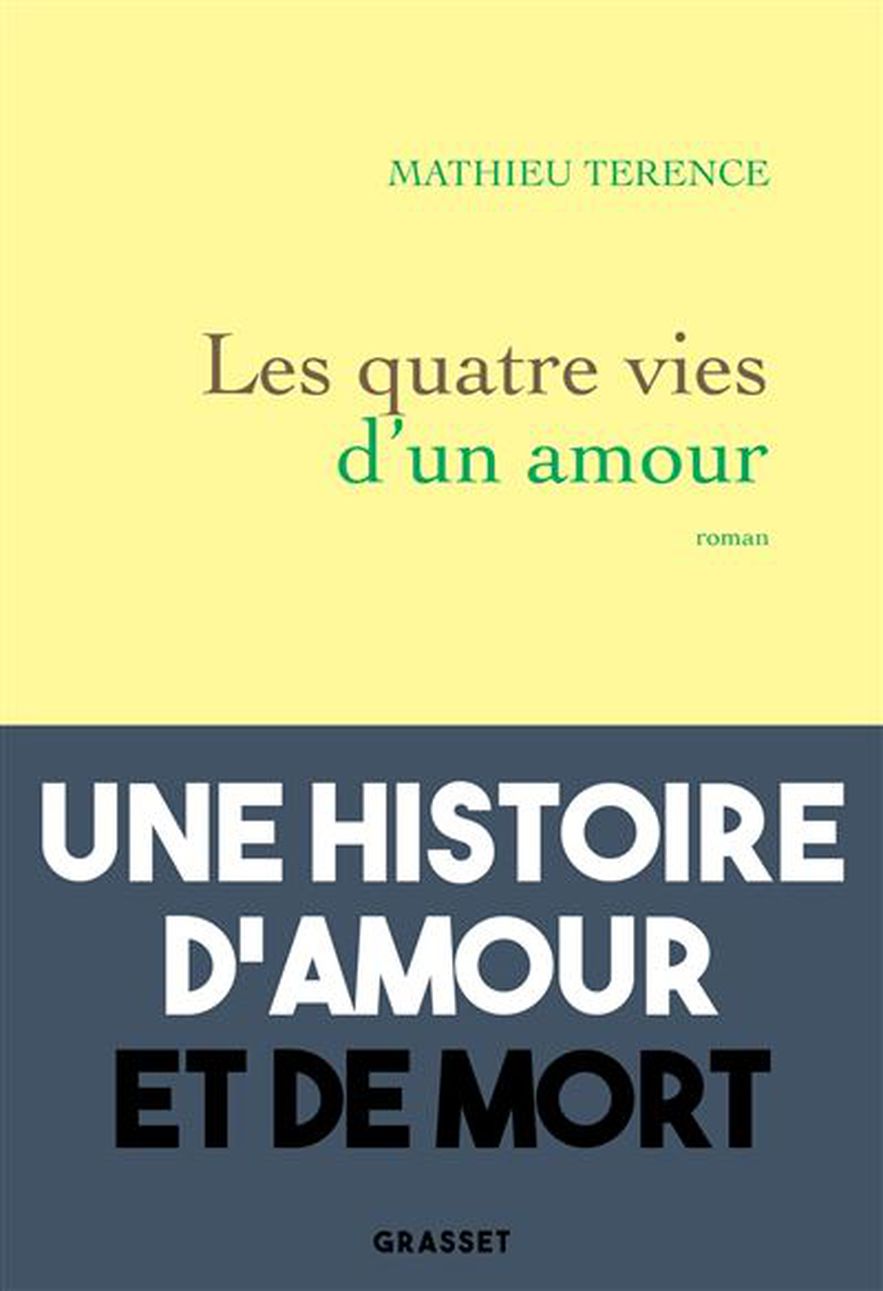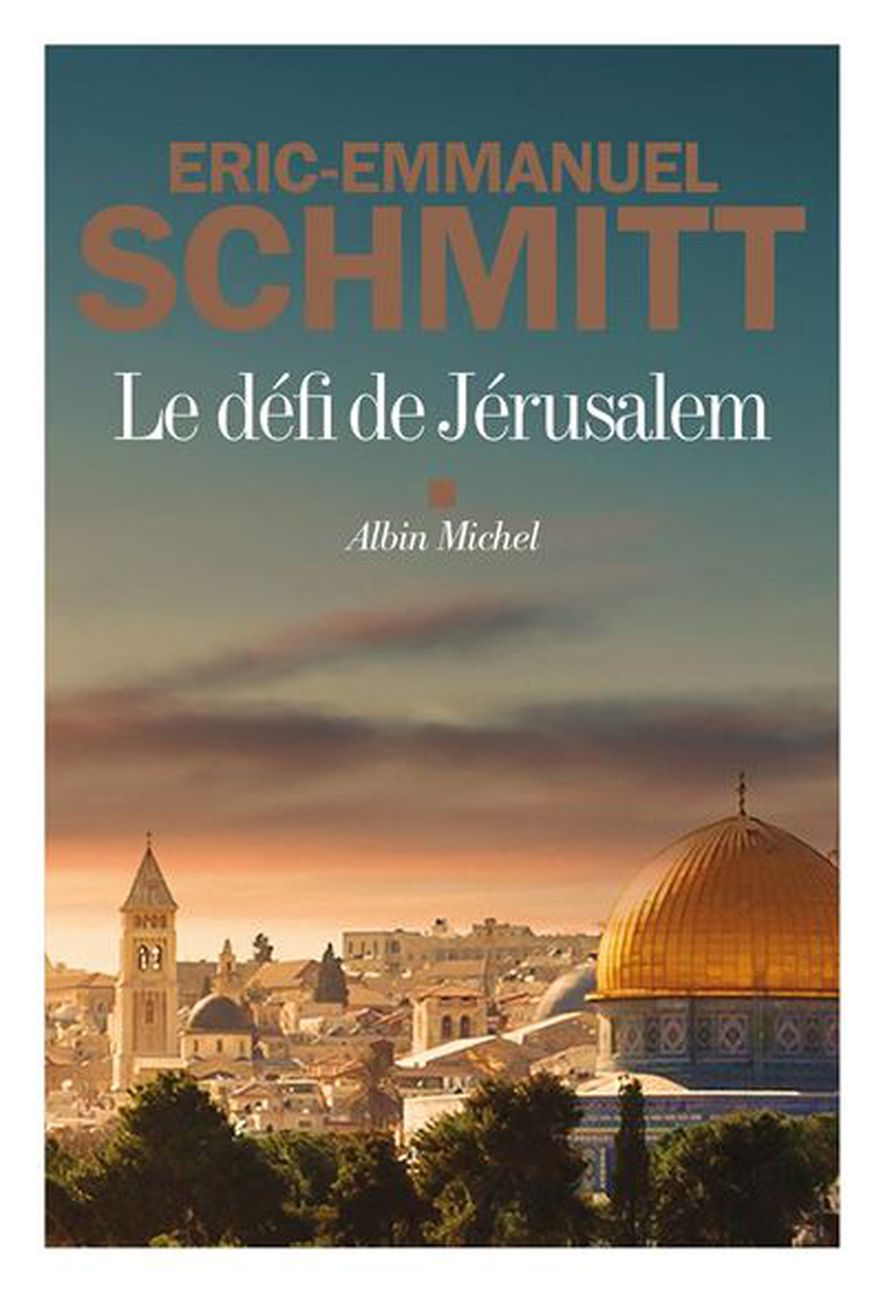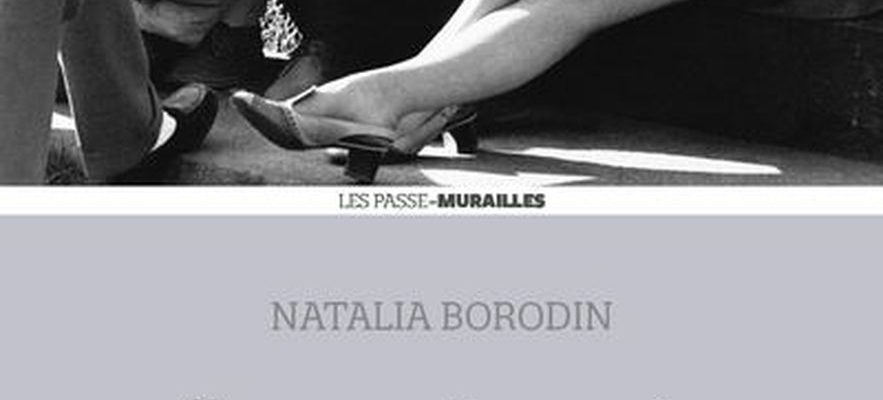The Prague Scenario
By Natalia Borodin.
Le Cherche Midi, 432 pages, €21.
The rating of L’Express: 4/5
The Prague scenario
© / Look for noon
It is a precious docu-novel offered by Natalia Borodin. In The Prague Scenario (fiction with a large autobiographical content), the Franco-American screenwriter, born in Czechoslovakia, indeed looks back on her formative years, at the end of the 1960s, in the famous Academy of Arts in Prague, a prestigious film school where reigned a certain Milan Kundera (here baptized Roman Kantor). An edifying and fascinating dive into the last Czech years of one of our greatest (and most silent) contemporary writers.
Not only does the narrator, Lara, integrate the Academy after a drastic competition, but she is accepted into the seminar of the charismatic and seductive Kantor. Happiness for this fan of boxing enthusiast and author. Writing a dialogue between Proust and Joyce, prolonging a short story by Hemingway or Somerset Maugham… the courses follow one another, between two sips of wine and a gentle mixture of irony and cruelty from the Master – as his students call him, “all in love with him”. On August 21, 1968, the entry of Warsaw Pact tanks into Czechoslovakia sounded the hour of “normalization”; in 1970, considered a traitor and dissident for having been published in France, Kantor was expelled from the school, but he continued his seminars clandestinely. Lara and her comrades revel in it, as she rejoices in the arrival of Philip R. (Roth), the source of a hilarious scene, and agrees to play the figureheads for Kantor’s dramatic and radio writing. The only shadow in the picture of this enthusiastic portrait of the Master, the astonishing pressure exerted by K. on Gallimard to put an end to the work of reader of the Slavic languages of Lara, in turn exiled in France. Fiction or reality? M.P.
The Four Lives of a Love
By Matthew Terence.
Grasset, 320 pages, €22.
The rating of L’Express: 3/5

The four lives of a love
© / Grasset
This is the story of a mad love interrupted by death: in 2017, Ariane succumbed while rescuing a drowning child. Since 2011, the psychoanalyst had been living a clandestine affair with a bohemian writer – the author of this vibrant book. Ariane had children and a possessive spouse who was difficult to leave, and the writer does not hate living apart: he will therefore always remain for her the lover, or rather “the magnet”, as she called him. . Unable to share daily life, they go on a trip to Sils-Maria, Duino, Saint-Petersburg. It is not a passion, or else a “fixed passion”, as Sollers would say. Nothing can break their bond, the meeting of minds and bodies, the good they do for each other. Until Ariane disappears – and is reborn here, six years later.
A few years ago, hijacking From the inconvenience of being born of Cioran, Mathieu Terence had published a book entitled Of the benefit of being alive. He is also the author of a Little Praise of Joy. Striking in his romantic double (who we feel very close to him) his great vitality, his energy, the poetic, funny and sensual way with which he goes through the days. When Ariane finds him, she seems to take a secret door to a more intense world – their affair will keep the sweet scent of the holidays for seven years. Basically, The Four Lives of a Love leaves us with a lesson that Balzac would not have denied: all lovers are not equal, but rare are the husbands who can bear the comparison with a caring lover… L.-H. From L.R.
The Jerusalem Challenge
By Eric-Emmanuel Schmitt.
Albin Michel, 224 pages, €19.90.
The rating of L’Express: 3/5

The challenge of Jerusalem
© / Albin Michael
It all started with a phone call from the Vatican wishing to send him to the Holy Land. Neither one nor two, barely surprised, Eric-Emmanuel Schmitt accepts, eager to make such a stay for ages. And the academician Goncourt to put on the habit of the perfect pilgrim last September, shortly before the publication of dark sun (3rd volume of his crossing time), in which Moses also intends to reach the Promised Land. No doubt, “my work and my life are aligned”, underlines the philosophical novelist with a smile. Before treading the holy places, he reminds us that, the son of skeptical parents, he was an atheist, until that mystical night in February 1989 spent in Tamanrasset to write about Charles de Foucauld, which saw him wake up believing. A first revelation that pushed him to read the Gospels frantically.
So here he is in Nazareth, with the Sisters of Notre-Dame, in the company of pilgrims from Reunion. Rebellious to liturgical ceremonies, he “dabbles in discomfort” during his first vespers, then falls three times from his narrow bed… Far from his comfort zone, after all. Lake Tiberias (Resurrected Jesus) and its ugly chapel, Capernaum (recruitment of disciples), Mount of Beatitudes (Sermon on the Mount), Mount Tabor (Transfiguration)… What a pleasant way to revisit your catechism over the pen inspired by the French playwright -Belgian who will know, in the Church of the Holy Sepulchre, in Jerusalem, his 2nd revelation, in the form of a God endowed with flesh and blood. And who, like the Pope, postfacer of this pilgrim’s notebook, does not forget, in this land of the three monotheisms, to call for the “sweet perfume of peace” in the world. M.P.
